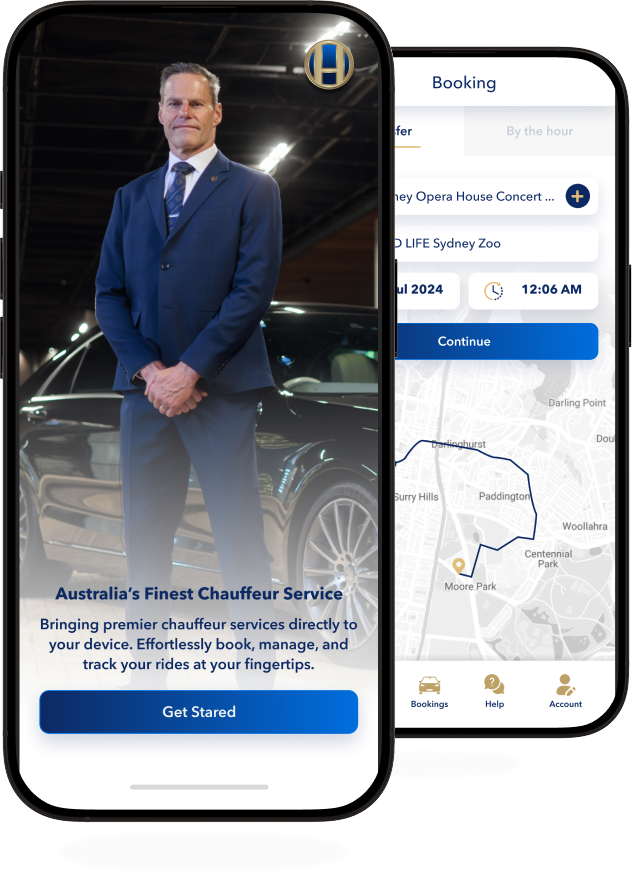If you’ve ever experienced a long haul flight and the aftermath of jetlag, you’ll know just how debilitating it can be. Problems with jetlag often begin because sunlight normally sets our waking and sleeping cycles, and the change in our exposure to light when we travel across time zones can wreak havoc on our body’s internal clock.
Symptoms of jet lag can include fatigue, tiredness, memory lapses, irritability, digestive upsets, and it can also lead to impaired judgement and decision making – not good if you’re flying overseas for a business meeting! Here are five useful jet lag remedies that will have you flying comfortably, arriving fresh and ready to take on a totally different time zone, regardless of where you’re travelling to.
1. Adjust Your Sleep-wake Rhythm
There are a number of things you can do to lessen jetlag even before you set off on your next overseas business flight, and they’re all to do with timing. Jetlag symptoms are often worse if you’re flying east compared to if you’re flying west because your body actually thinks the day is getting longer regardless of whether it is or not. The best plan of attack here is to adapt your body’s rhythm a few days before you depart by going to bed earlier if you’re flying east, and staying awake an hour or two later if you’re flying west. You should also get up earlier or later respectively.
Try and customize your sleep-wake rhythm in transit as well. So if you’re flying east, try and sleep on the plane (hello, travel pillow and earplugs), and if you’re heading west, try watching back-to-back in-flight movies (not a bad way to while away the hours) to stay awake. It’s also worth setting your watch to your new time zone once you’re onboard, and staying awake if it’s daytime in your destination.
2. Pick Your Flight Wisely and Sleep Accordingly
Arriving at your destination in the morning can also cause problems with jetlag because the day will significantly drag on for hours on end, whereas if you arrive in the late afternoon or evening, you’ve only got a few hours where you need to stay awake. Another thing to bear in mind is the time of day you’re actually flying. If you’re flying west to east, you’ll be heading forward through the time zones, and the likelihood of you experiencing jetlag will probably be worse. Consider booking a redeye flight where you leave late at night and arrive in the morning, as this is the best match for your natural sleeping patterns. Basically, depending on where you’re travelling to, you’re much more likely to sleep through a redeye flight than on a daytime flight.
3. Watch the Caffeine and the Alcohol
Don’t drink any caffeinated drinks like tea, coffee or energy drinks for at least 12 hours prior to your flight, and minimise your consumption of them while you’re in transit. Caffeine doesn’t just keep you awake, it actually can interfere with your overall sleep patterns, causing problems long after you ingest it. And drinking alcohol mid- flight may assist with sleep (and help if you’re a nervous flyer), however it’s really dehydrating – try and stick to water, and lots of it! Because meal times act as ‘time cues’ for your body, eating the right types of foods at the right time is also one of the simple cures for jet lag, and can make a major difference to how your body copes with it. Make sure you eat well before you board and choose a light meal on the plane while avoiding fatty foods, salty snacks, white carbohydrates and soft drinks. Protein-rich foods can also help you stay awake if you’re flying west, and can help keep you active when you’re adjusting to a new time zone.
4. Adjust Your Sleep Patterns on Arrival
Another useful tip for stopping jet lag is to get into the rhythm of your new destination as soon as you arrive. If you arrive early morning, it’s OK to have a quick half-hour sleep if you have to, however make sure you get up late morning or in the early afternoon again. Try sleeping in a chair so you don’t get too comfortable, and set your alarm to avoid entering deep REM sleep.
Try not to over-sleep on the first night – get out and about in the fresh air as soon as you can in the morning. Sunlight actually inhibits the production of melatonin, which is the hormone that makes you feel tired, and it helps reset your internal clock. If you’re having problems falling asleep at night, resist the urge to take sleeping pills, they’ll only confuse your body even more! Try darkening your room, putting in some ear plugs and wearing an eye mask to help your body relax as much as possible. And try not to think too much about the fact that you’ve got jet lag. Focus on the here and now rather than worrying about what’s happening (and what time it is) at home.
5. Adjust Again Before You Head Home
And to top off our list of jet lag remedies, make sure you give your body time to adjust before you head home. Prepare yourself as you did before you boarded your flight by adjusting your sleep-wake rhythm. If you’re heading east to reach home, go to bed earlier and wake up earlier and if you’re flying home east-to- west, keep yourself awake as long as possible and stay in bed a little later in the morning. Another excuse for a sleep in!
Jet-lagged after a long flight? Then you’ll need a comfortable ride home! Contact Hughes on 1300 615 165 and hire one of our luxury chauffeured cars today.









